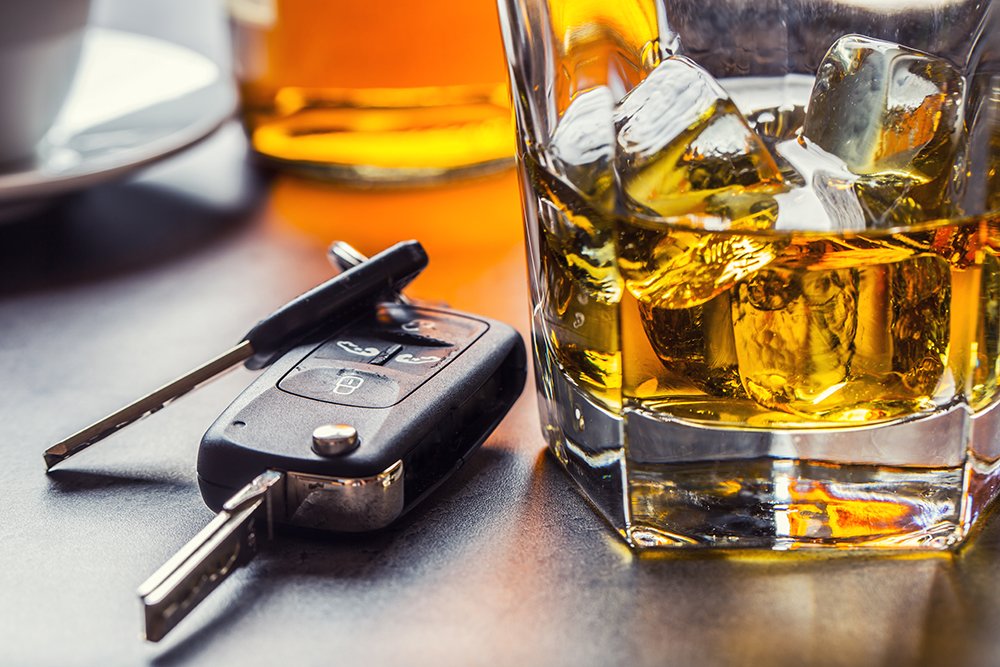DUI and DWI: Understanding the Charges and Defending Your Rights
Driving Under the Influence (DUI) and Driving While Intoxicated (DWI) are serious charges that can have significant legal and personal consequences. While these terms are used interchangeably in many jurisdictions, they both involve operating a vehicle while impaired by alcohol or other substances. However, being arrested for DUI or DWI does not mean you are automatically guilty. The prosecution must prove certain elements beyond a reasonable doubt to secure a conviction.
Proving DUI/DWI Charges
Regardless of the state where the arrest occurred, the prosecution must establish two main points to prove DUI or DWI charges:
- Control of the Vehicle: The prosecution must demonstrate that you were in control of the vehicle. This means that you were driving or had the ability to operate the vehicle.
- Over the Legal Limit: You must have a blood alcohol concentration (BAC) over the legal limit, which is typically 0.08% for most drivers, although it can be lower for commercial drivers or those under 21.
Defending Against DUI/DWI Charges
An experienced DUI defense lawyer can challenge the prosecution’s case on several grounds:
- Unlawful Stop: If the police did not have a valid reason to pull you over, any evidence obtained during the stop may be inadmissible in court.
- Field Sobriety Test Accuracy: The accuracy and administration of field sobriety tests can be questioned. Improper administration or misinterpretation of these tests can lead to false conclusions.
- Breathalyzer and Blood Test Procedures: The prosecution must maintain a proper chain of custody for blood, urine, or breath samples. Any errors in collection, storage, or analysis can be grounds for challenging the results.
- Medical Conditions: Certain medical conditions or medications can affect BAC readings or mimic signs of intoxication.
- Improper Police Conduct: Any mistakes or misconduct by the arresting officer, such as failing to read your rights or coercing a confession, can be used to challenge the validity of the charges.
Importance of Hiring a DUI Defense Lawyer
Facing DUI or DWI charges without legal representation is risky. A skilled DUI defense lawyer provides several advantages:
- Legal Expertise: A lawyer understands the specific laws and procedures in your state and can navigate the complexities of your case effectively.
- Strategic Defense: Lawyers can develop a robust defense strategy, identifying weaknesses in the prosecution’s case and leveraging them to your advantage.
- Negotiation: An attorney can negotiate with prosecutors for reduced charges or alternative sentencing options, such as probation or alcohol education programs.
- Protecting Your Rights: Your lawyer ensures that your rights are protected throughout the legal process, from the initial arrest to court appearances.
- Reduced Penalties: Working with a lawyer can often result in shorter license suspensions, lower fines, and reduced jail time.
Proactive Measures to Strengthen Your Case
Taking proactive steps can demonstrate to the court that you are serious about addressing any issues related to your DUI or DWI charge:
- Chemical Dependency Assessment: Undergoing a professional assessment can show the court that you are willing to address any underlying issues.
- Alcohol Education Programs: Enrolling in and completing an alcohol education or treatment program can reflect positively on your character and commitment to change.
- Community Service: Volunteering and giving back to the community can also support your case in court.
Conclusion
DUI and DWI charges are serious, but an arrest does not equate to a conviction. The state must prove beyond a reasonable doubt that you were in control of the vehicle and over the legal limit. Hiring an experienced DUI defense lawyer is crucial to navigating these charges, protecting your rights, and minimizing the impact on your life. If you are facing DUI or DWI charges, seek legal counsel immediately to ensure the best possible outcome for your case.





